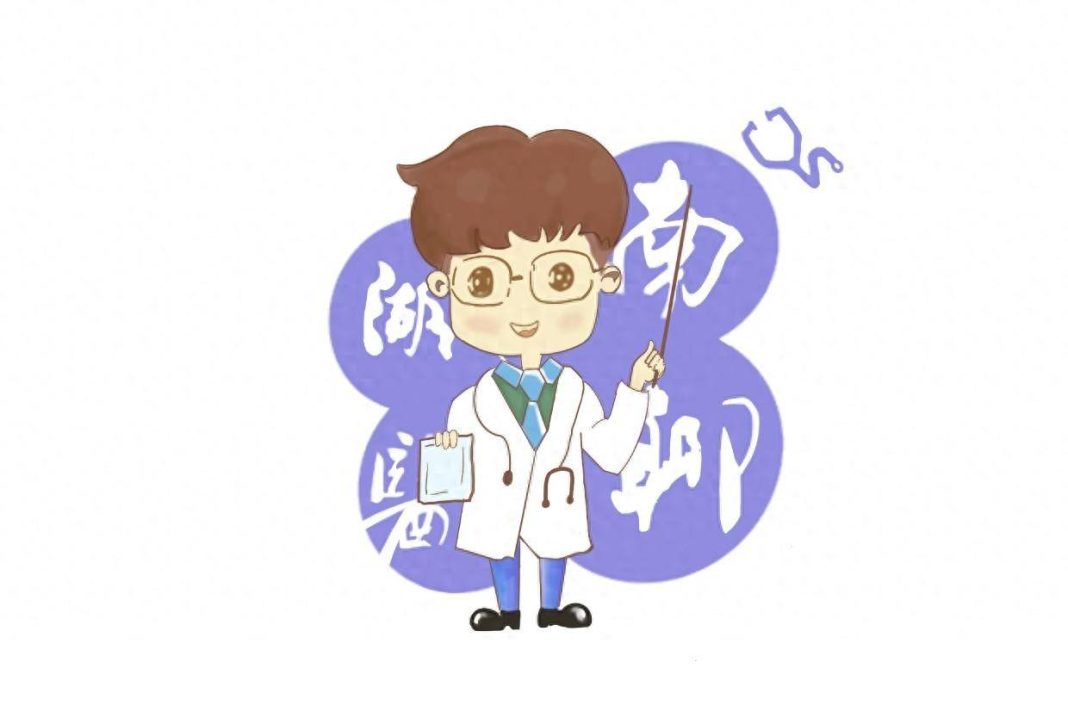Xiao Li is 27 years old this year. Since her menstruation started, her cycle has always been irregular, sometimes requiring oral contraceptives or progesterone to induce menstruation. She has been married for 3 years but still has not conceived.
In 2020, she was diagnosed with polycystic ovary syndrome at an external hospital. In 2022, she underwent traditional Chinese medicine treatments at Hunan Women and Children’s Hospital. A hysterosalpingogram revealed that her left fallopian tube was patent but not smooth, while the right fallopian tube was patent. After monitoring ovulation for 3 cycles and guidance on intercourse, she still did not conceive.
After another 3-month treatment with Dydrogesterone, she visited the Reproductive Medicine Department of Hunan Women and Children’s Hospital. Director Peng Yu used Letrozole + HMG for 2 cycles of ovulation induction therapy, resulting in a successful pregnancy.
In 2024, an early pregnancy ultrasound suggested a twin pregnancy, which was successful.
Polycystic ovary syndrome is mainly characterized by infrequent menstruation, ovulation disorders, and hyperandrogenism, with some patients also experiencing insulin resistance, obesity, abnormal blood lipids and sugars, which can lead to infertility, endometrial lesions, and other conditions.
So, what causes PCOS? Women preparing for pregnancy with polycystic ovary syndrome may have heard in hospitals about patients happily announcing twin pregnancies.
“PCOS makes it easier to conceive twins” has been circulating for this reason, but is it true? Why do multiple small follicles occur? What precautions should be taken in daily life? Experts from Hunan Women and Children’s Hospital will address these questions.
1. What causes polycystic ovary syndrome?
The cause of PCOS is currently unclear, with many believing it to be closely related to genetics, environment, medications, etc.
A small number of patients have sex chromosome or autosomal abnormalities, and some have a family history. Various environmental factors and medications, such as organic pollutants, excessive nutrition, unhealthy lifestyles, may lead to PCOS. Excessive psychological stress or depression and other mental issues can lead to long-term high-stress states, causing endocrine disorders and further resulting in PCOS.
2. Heard that polycystic ovary syndrome patients are more likely to conceive twins?
PCOS patients have many small follicles that do not mature and release eggs. To conceive, ovulation-inducing medications are used to promote egg maturation and release.
During ovulation induction treatment, two or more follicles are stimulated to mature and release. If successful fertilization occurs through intercourse around the ovulation period, the chance of conceiving twins is high.
However, this is a coincidence, and not all PCOS patients undergoing ovulation induction therapy will conceive twins. It can only be concluded that, compared to others, PCOS patients are indeed more likely to conceive twins, but it is not a guarantee.
3. Why do PCOS patients have many small follicles?
Endocrine disorders in PCOS patients involve elevated luteinizing hormone, which inhibits follicle-stimulating hormone function, causing stagnation in the development of small antral follicles. Elevated androgen levels also lead to the appearance of multiple small follicles in the ovaries, resembling a polycystic change.
Patients have many stalled developing follicles, increasing the chances of infertility; long-term lack of ovulation and prolonged estrogen stimulation increase the risk of endometrial abnormalities.
4. Which lifestyle is more suitable for PCOS patients?
Lifestyle intervention is the foundation of treatment for PCOS patients, involving diet, exercise, and other aspects.
Diet should consist mainly of 45%-60% carbohydrates, 20%-30% fats, and 15%-20% proteins, with a preference for low glycemic index (GI) foods; other aspects include.
In terms of exercise, engage in 30 minutes daily or at least 150 minutes of moderate-intensity exercise per week, ideally lasting 20-60 minutes each session. Correcting unhealthy habits, including quitting smoking, reducing alcohol consumption, adjusting negative emotions, maintaining a fixed diet and exercise regimen, and preventing weight rebound is recommended.
After lifestyle intervention, leave the rest of the treatment to the doctor. Through anti-androgen therapy, menstrual cycle adjustments, ovulation induction, surgery, or assisted reproductive technology, most PCOS patients can achieve satisfactory results.
Special Contributor from Hunan Women and Children’s Hospital: Reproductive Medicine Department, Li Yupeng
Follow @Hunan Medical Chat for more health information!
(Editor ZS)


